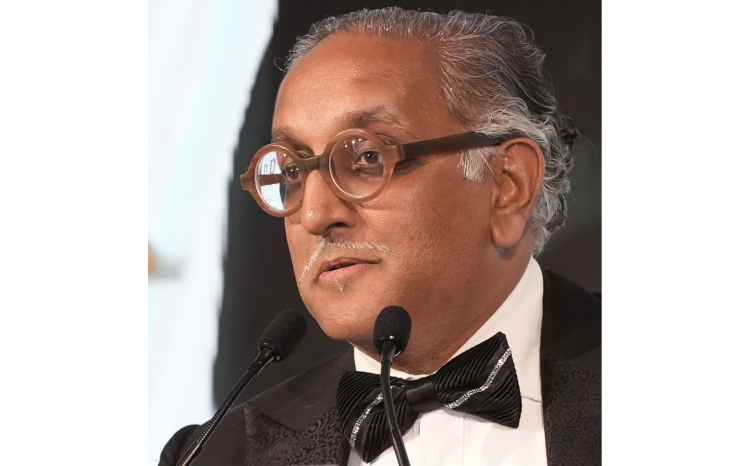Doctors to get say on future of NHS IT
- 12 April 2005
Grassroots doctors are to get the chance to tell the National Programme for IT, now known as NHS Connecting for Health, how they think the programme should go forward on key issues like confidentiality at a BMA conference next month.
The conference on May 24, entitled ‘Challenges for doctors in the digital world’, aims to bring together all branches of the medical profession to debate issues such as confidentiality and security of patient data with NPfIT’s Care Record Development Board (CRDB).
Dr Gillian Braunold, NPfIT’s national clinical lead for general practice and a BMA IT committee member, said she hoped the conference would be an opportunity for grassroots doctors to set the BMA IT committee’s agenda for the coming year and to make NPfIT aware of the profession’s views.
She told E-Health Insider: "Confidentiality has been placed high on the agenda and we will be looking at it not just from GPs’ perspective but also from others such as public health doctors who take a different view. We will be debating issues like how we might work in an ethical way in the shared care record environment."
Keynote speakers include Professor Cyril Chantler, deputy chairman of the CRDB, who will be talking about the NHS Care Record Guarantee, the document which sets out how patient’s confidentiality will be protected under the NCRS, and Ian Cowles, group director of implementation at NPfIT, who will outline where the money has been spent on NPfIT so far.
Dr John Powell, chairman of the BMA’s IT committee, said a series of workshops at the conference will look at issues such as use of data for health service research, the expert patient and the BMA’s approach to confidentiality. There will also be demonstrations of NPfIT systems including Choose and Book, GP-GP record transfer and Map of Medicine.
He added: "There are a lot of hot topics at the moment and we need to have open discussions which involve key stakeholders including the medical profession, policy makers and patient representatives."
Dr Powell said he felt the conference was one of several positive signs that clinical engagement with the profession was improving.
He added: "I will be telling the conference that NPfIT will have a fundamental impact on the practise of medicine in the UK, like it or not, and it could bring enormous benefits to patients but we have got to understand what an enormous change this is."
Dr Powell said the ethical decisions around opting in or opting out of the NCRS should not be overridden by the practical burden of getting patients’ consent and that if an opt out position was supported by the profession the government would have to be very clear about what that involved.
He added: "We must be sure there are not any surprises about what the data will be used for."
A separate conference on issues on confidentiality and the NHS Care Records Service (NCRS) could also be held later this year. Eleven senior BMA committee members wrote to BMA council chairman Mr Jim Johnson in January asking for a separate conference to debate confidentiality and privacy issues with the NCRS. So far the BMA has agreed to an internal meeting at the beginning of May to decide what the association’s next steps should be.
Dr Paul Cundy, joint chairman of the RCGP/GPC IT committee, said: "What we expect from that meeting is an absolute commitment to hold a conference on consent and privacy in an electronic health service with representatives from the profession and patients."
For full details of the conference programme and to book go to the conference website.





